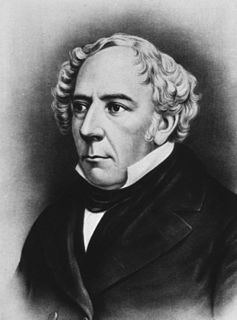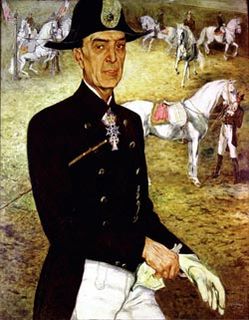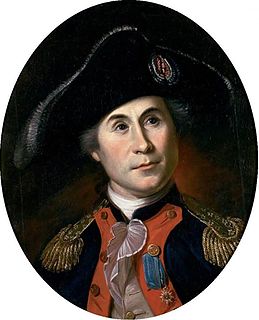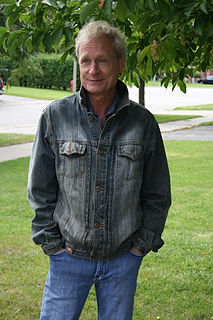A Quote by Shmuel Weinberger
That's all well and good in practice, but how does it work in theory?
Related Quotes
The theory of medicine, therefore, presents what is useful in thought, but does not indicate how it is to be applied in practice-the mode of operation of these principles. The theory, when mastered, gives us a certain kind of knowledge. Thus we say, for example, there are three forms of fevers and nine constitutions. The practice of medicine is not the work which the physician carries out, but is that branch of medical knowledge which, when acquired, enables one to form an opinion upon which to base the proper plan of treatment.
Perfectionism doesn't believe in practice shots. It doesn't believe in improvement. Perfectionism has never heard that anything worth doing is worth doing badly--and that if we allow ourselves to do something badly we might in time become quite good at it. Perfectionism measures our beginner's work against the finished work of masters. Perfectionism thrives on comparison and competition. It doesn't know how to say, "Good try," or "Job well done." The critic does not believe in creative glee--or any glee at all, for that matter. No, perfectionism is a serious matter.

































